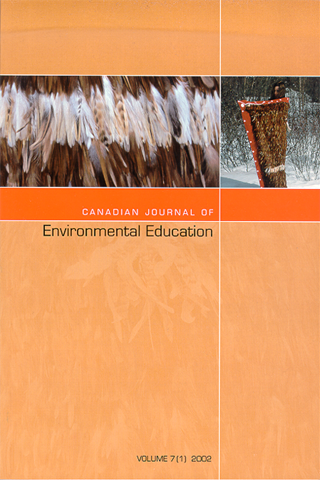Culturing Environmental Education in the Caribbean
Abstract
This paper presents a detailed description and analysis of one aspect of the lives of villagers of a coastal Caribbean community - their knowledge of, and interaction with the marine environment. Using the grounded theory methodology, meanings are extracted from the accounts of how villagers function in the marine environment. These meanings are analysed in light of Stables' (1998) environmental literacy model which encompasses functional, cultural and critical literacy. Against this backdrop, suggestions are made for "culturing" formal environmental education in the Caribbean school system, particularly for students from rural coastal communities. The point is made that the case study presented here is likely to be representative of several Caribbean coastal communities, particularly those that share a common historical background. Furthermore, case studies such as this one can be replicated in other types of communities in the attempt to gain the knowledge necessary for culturing formal environmental education in those communities.Downloads
Published
2002-01-01
Issue
Section
Articles


